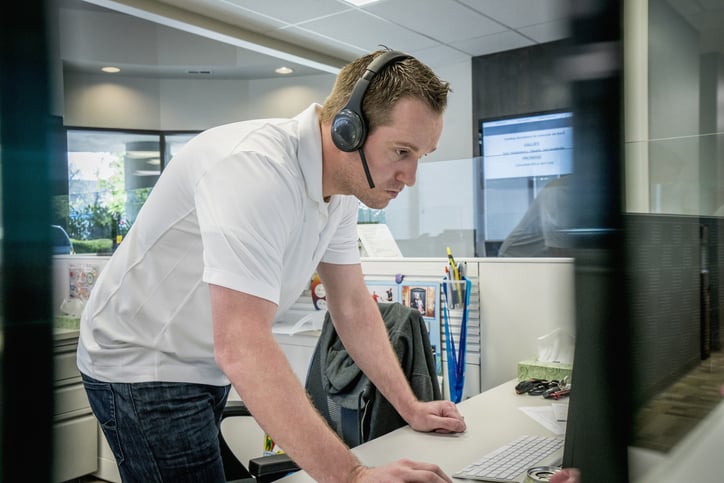DSE Spotlight – Cliff Hughes

Major Certifications: Exam 533: Implementing Microsoft Azure Infrastructure Solutions | Microsoft 365 Certified: Modern Desktop Administration Associate
Microsoft Product Line Experience: Autopilot | Microsoft Endpoint Configuration Manager | Microsoft SQL Server | Windows Server | Microsoft Intune
What is your previous experience with Microsoft?
Prior to US Cloud, I worked at Microsoft for 27 ½ years. 15 of those years was spent in their equivalent to a DSE role with SCCM. I did transactional work as a field engineer for the last 10 or 12 years at Microsoft and was shifted to a DSE role before leaving. I was travelled to 32 different states to provide support for clients on-site, so I was going all over the place doing workshops, implementations, migrations and doing what I loved.
What made you decide to join US Cloud?
Not only did things start changing culturally at Microsoft around 2019, but then the COVID-19 pandemic hit and everyone went remote. Microsoft started seeing dollar signs on all the potential savings and started changing the way they were organizing internal structure and who you reported to. The reorganization shifted people from roles they were comfortable in to positions they had secondary or tangential experience in just to save on money.
So, I became a DSE without the scripting and platforms background that the previous person had. This led to angry customers wondering why they had to work with someone they didn’t have an established relationship with and I had to keep asking questions to other people to get a grasp on the role and how to handle certain questions. It was a miserable 2 ½ years, so I left. I tried to join an internal team, but they turned me down since they were focused on saving money by hiring these v-dash, temporary engineers to fill the gaps. I noticed there was a DSE position open at US Cloud and the rest is history.
What does it mean to be a DSE and how does your role impact clients?
Normally, at Microsoft an engineer will get a break-fix ticket and must figure out the client’s environment, who has access to what, who do they need to talk to, etc. They must ask a ton of questions before they can try to understand the issue or attempt to fix it. Our DSE role lets us know our clients. We’ve gotten to know them, we know how their environments operate, we have all the information we need to get to the heart of the problem right away. We can give our break-fix team a head start by figuring out an issue up front and getting all the details in line to speed up the fix process. Our solutions aren’t siloed like they are at Microsoft either. While you may have a cloud question that your DSE doesn’t know because they are specialized in like SharePoint, our team has members that are specialized across multiple backgrounds, so there’s no game of email tag.
Are there any initiatives or projects that you feel strongly reflect the impact of your role?
I’ve been mentoring a fellow SCCM engineer since February. She was new to the role at the time and nervous that I was leaving the team, but I assured her that she could reach out with any questions, and I would help. We have had a weekly mentoring session where we go over problems that she’s encountered and how to best resolve them. It helps maintain my knowledge and skillset while helping her excel at her role.
